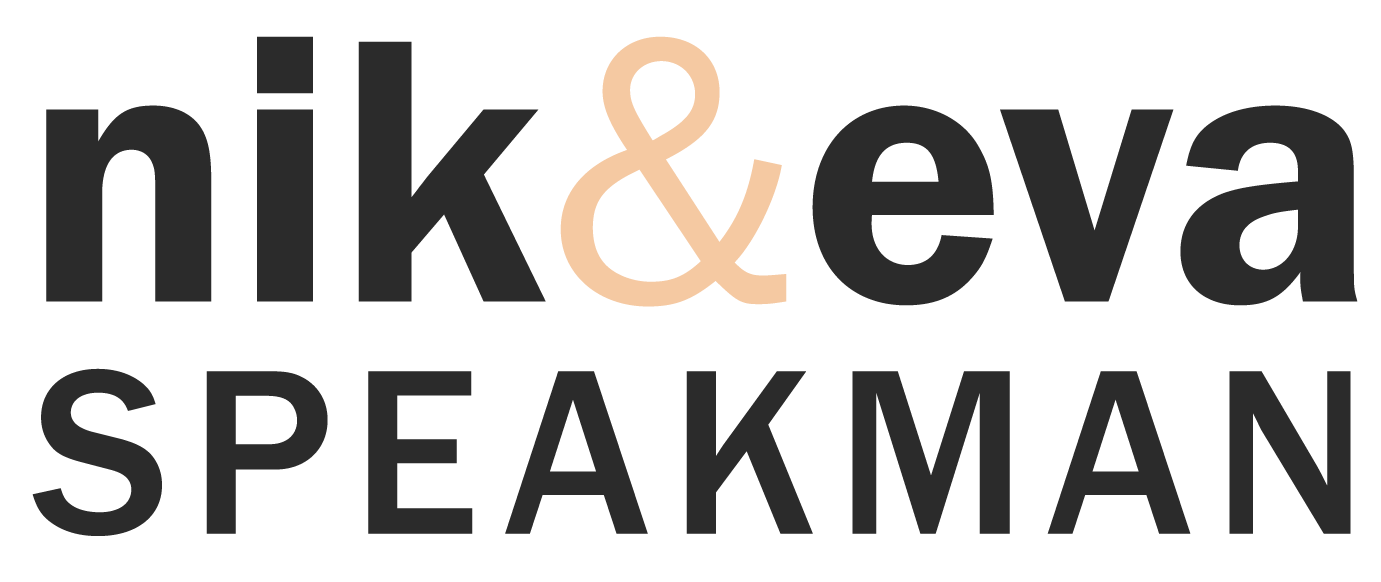The importance of saying ‘NO’
Often in life, we don’t say no when we really should have done. We either don’t know what we want, or we simply feel that we can’t speak up – usually through a lack of confidence, or an increase in anxiety.
Saying yes to things you really want to engage with is always beneficial, however saying no to things that don’t serve you is also okay. Many of us are taught to be people-pleasers and say yes automatically, even when we actually want to say no. Through our upbringing – or societal pressures – it is common to believe that to be a good person, we should always say yes, when in fact this is just not the case. Having more balanced relationships, with healthier boundaries, is far better.
Why it’s important to say no:
It helps you to establish healthy boundaries with others, which enables others to have clarity about what they can expect from you
It enables you to be more honest and authentic with others
It ensures that you’re engaging in activities that actually align with your current goals and needs. By saying no to one thing, you are saying yes to another (something you’d prefer i.e., more sleep, going to the gym, an evening of Netflix etc.)
It makes you less likely to feel like you’re being taken advantage of. It is better to be slightly uncomfortable by having to say no, than to feel resentful and taken advantage of
People will learn to come to you for things which you are actually inclined to say yes to (they will truly learn all about your preferences over time – what sort of things you’d be up for/not so much!)
It creates space in your schedule to rest and recharge. Saying no is great self-care. You are the most important person in your life; you deserve to put your own feelings and needs at the centre of your life. Saying no to unnecessary commitments can give you the time to recover and rejuvenate, and will make you more successful in the long term. Not saying no enough is one of the biggest downfalls reported by successful entrepreneurs, such as Warren Buffet: “The difference between successful people and very successful people is that very successful people say no to almost everything”
It gives us greater navigation over our lives and gives us the opportunity to build a fulfilling, meaningful life, on our own terms
You can’t take care of others if you’re not taking care of yourself. To ensure that you’re offering loving care to others, you must make sure that your needs are initially met. As a result, you will hold the physical and emotional store to be able to continue to care for others, without losing yourself in the process!
Gain clarity around the kinds of things that you actually want to say yes to – what are your goals? We recommend that you make a list of your top 3 priorities (these will change over time) and put these where you can see them, all the time (e.g., next to your bed, on your laptop etc.). When someone asks something of you, check to see if it will serve any of these things you want to direct your time and energy towards. If it is not in line with your objectives, say no!
How can you say no?
Firstly, pause and think about the consequences of saying yes to something you don’t want to do. We often feel we need to provide immediate responses, especially in the “instant messaging” culture of the world today. It’s more than okay to take a little time to think about your response. So that you don’t just avoid the decision altogether, provide a deadline by which you need to decide (e.g., say “I need to give this some thought, I will let you know by Friday morning”). This keeps you accountable and ensures you honour yourself and your relationship by giving a concrete, well thought-out reply
It’s always great to cushion your answer with a kindness or a compliment, and start with gratitude i.e., saying “thank you for trusting me with this task”, “that sounds amazing, I greatly appreciate you asking”, “I’m honoured!” etc. You may find it difficult to say no, as the person asking means a lot to you, however showing your appreciation whilst still standing firm will help
Say no, without saying no. This takes away the fear of being too harsh or blunt, for example, “I’m afraid I won’t have time for that right now”. Despite this, it is important to still be clear. Avoid phrases like “I’m not sure” or “maybe”. It’s not necessary to offer a lot of information to explain your reasoning. All you need to focus on is being clear and polite
Present an alternative example, such as “I can help with a smaller task at this time, would that work for you?” or offer someone else who may be able to help
End on a positive note. How can you still help, or what next steps can you take? For example, “I may be able to commit to this in a couple of weeks, we can touch base then.” This lets others know that you are acknowledging their request and that you respect the person who asked. Letting others know that they have been heard can actually lead to strengthening your relationship, even when you are ultimately saying no.
Remember: You can decline a request, whilst still being kind, appreciative and respectful. Hopefully this helps!
Watch one of our latest TikTok videos to learn an amazing way of how to say no… “Not right now”! Watch here: https://bit.ly/3AAOUaP

